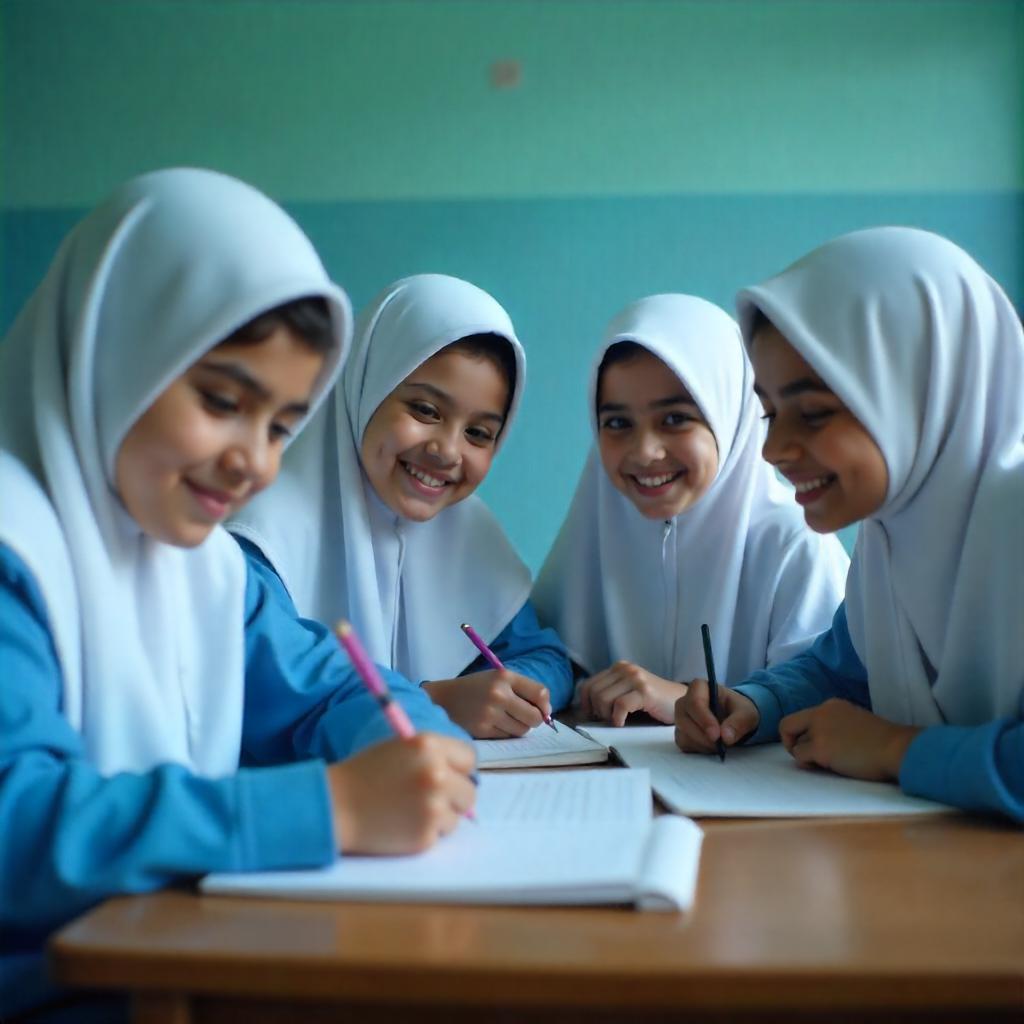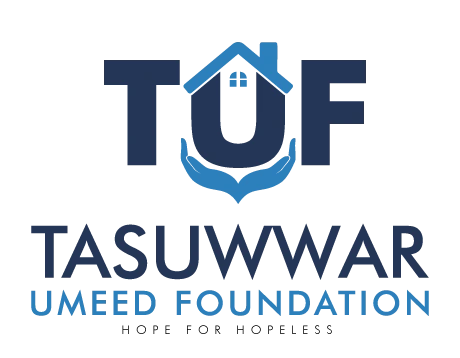
The Importance of Education for Breaking the Cycle of Poverty
Poverty is a deeply rooted social and economic issue that affects millions of individuals and communities worldwide, including those in Pakistan.
Among the various strategies to combat poverty, education stands out as the most powerful and sustainable solution. Education not only equips individuals with knowledge and skills but also empowers them to improve their lives, uplift their families, and contribute to the development of their communities. In this blog, we explore how education plays a critical role in breaking the cycle of poverty, particularly in marginalized areas like the slums of Karachi.
Understanding the Cycle of Poverty
The cycle of poverty is a vicious circle where individuals born into poor families often lack access to essential resources, including quality education, healthcare, and economic opportunities. Without education, children from low-income backgrounds struggle to acquire the skills needed for gainful employment. This lack of opportunities forces them into low-paying or informal jobs, perpetuating the cycle of poverty into the next generation.
This cycle is particularly evident in many underprivileged neighborhoods of Karachi, where access to quality education is limited, and financial hardships force children to leave school early to support their families. Without intervention, this cycle continues unbroken.
Education as a Pathway to Empowerment
Education provides a pathway out of poverty by empowering individuals with the knowledge and skills required to secure better jobs, start businesses, and make informed decisions about their lives. It builds self-confidence and opens up opportunities that would otherwise be inaccessible.
- Improved Employment Opportunities
A quality education equips individuals with the qualifications and skills needed to access higher-paying and more stable jobs. Vocational training and higher education enable young people to pursue careers in diverse fields, improving their earning potential and financial independence. - Health and Wellbeing
Educated individuals are more likely to understand the importance of healthcare, hygiene, and nutrition. Education increases awareness about disease prevention, family planning, and healthy lifestyles, which in turn improves overall community wellbeing. - Social Empowerment
Education fosters critical thinking, leadership, and communication skills. It empowers marginalized communities to advocate for their rights, participate actively in civic life, and contribute to social change. Education helps reduce gender inequality by empowering girls and women with equal opportunities. - Breaking Gender Barriers
Girls’ education is a crucial factor in poverty reduction. Educated women are more likely to participate in the workforce, make informed health decisions, and support the education of their children. This creates a positive ripple effect within families and communities.
Tasuwwar Umeed Foundation: Bridging the Gap
Since 1998, Tasuwwar Umeed Foundation has been working tirelessly to provide educational opportunities to underprivileged children in the slum areas of Karachi. By establishing early childhood development centers and schools up to Matric level, the Foundation has helped thousands of children access quality education.
Our comprehensive approach includes not only academic education but also vocational training, leadership development, health awareness activities, and creative skill-building programs. Through these initiatives, we empower young people with the tools they need to break free from poverty and become productive members of society.
Real Stories of Transformation
Consider the story of Ayesha, a young girl from Orangi Town, who joined our Foundation’s school at an early age. Coming from a family struggling with financial hardships, Ayesha faced many barriers to education. With the support of Tasuwwar Umeed Foundation, she completed her Matriculation, pursued further studies, and today works as a teacher in her community, inspiring other young girls to follow in her footsteps.
Such stories are a testament to the transformative power of education and the lasting impact it can have on individuals and their communities.
The Ripple Effect of Educating One Child
When one child is educated, the benefits extend far beyond that individual. An educated person is more likely to:
- Ensure their own children receive education
- Improve their family’s financial stability
- Contribute to the local economy
- Promote social and community development
This ripple effect can uplift entire communities, breaking generational poverty cycles and fostering sustainable development.
How You Can Help
Breaking the cycle of poverty through education is a collective effort. Here are ways you can support this mission:
- Donate to organizations like Tasuwwar Umeed Foundation to fund scholarships, school supplies, and teacher training.
- Volunteer your time and skills to mentor, teach, or support educational programs.
- Advocate for policies that promote education for all, especially marginalized communities.
- Sponsor a Child to provide continuous support for their education journey.
Conclusion
Education is not just a means to acquire knowledge; it is a powerful instrument of social change and poverty alleviation. By investing in education, we invest in the future of individuals, families, and entire communities. At Tasuwwar Umeed Foundation, we are committed to illuminating the path of education for underprivileged children and breaking the cycle of poverty, one child at a time. Join us in this mission and help create a brighter, more equitable future for all.


